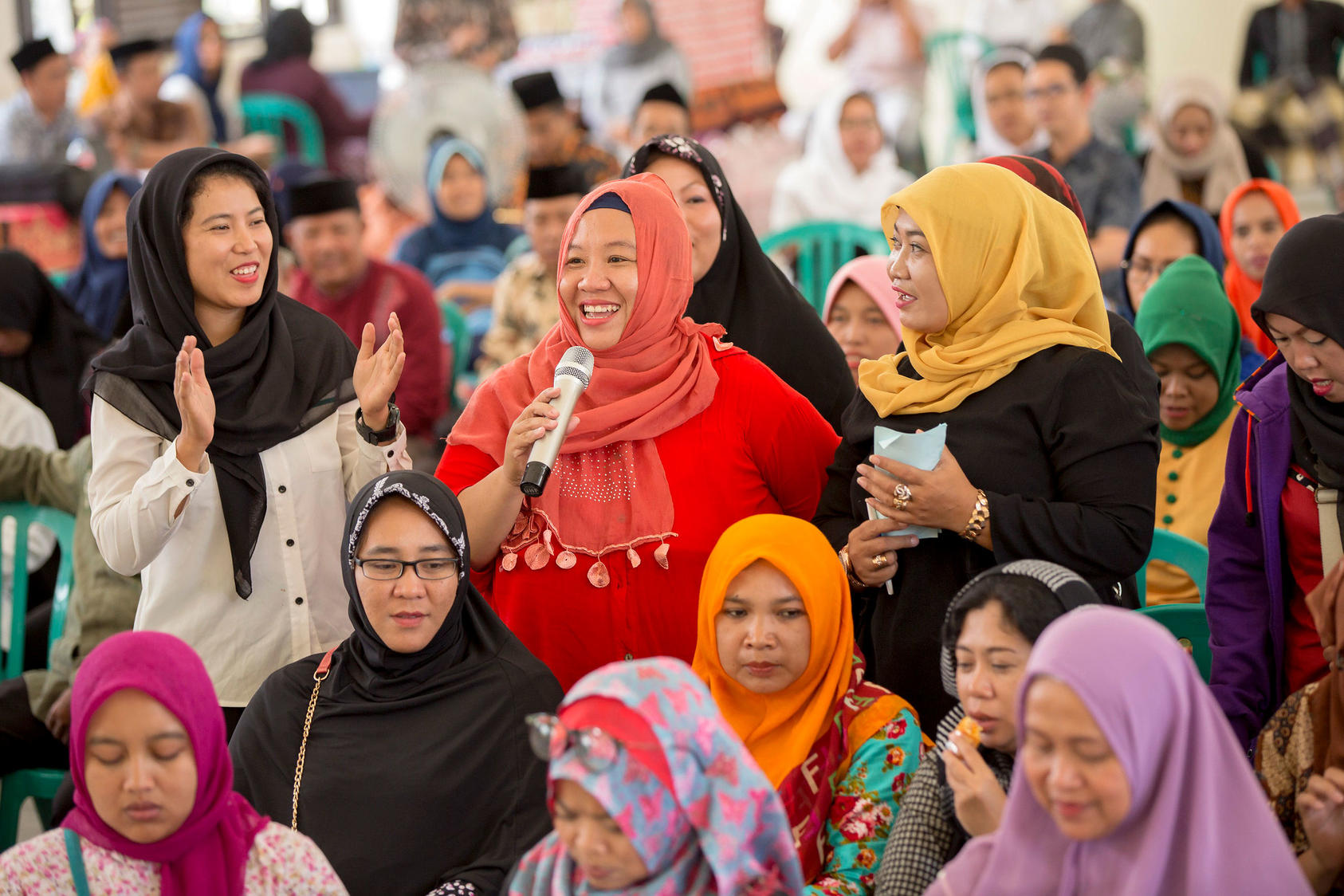On 31st October 2000, the United Nations Security Council adopted a historical and landmark resolution – Resolution 1325 (UNSCR 1325). It is considered to be a milestone in several ways owing to its importance in moving towards a gender-just society. The first-ever resolution adopted by the Security Council that recognised the disproportionate impact of armed conflict on women and children. It laid out the important role that women can play in promoting peace and security.
4 Pillars of UNSCR 1325
UNSCR 1325 (United Nations Security Council Resolution 1325) has four pillars:
- Participation: The resolution emphasizes the importance of women’s participation in all aspects of peacebuilding and conflict resolution, including in decision-making processes and in post-conflict reconstruction.
- Protection: The resolution recognizes the particular impact of armed conflict on women and girls and calls for their protection from all forms of violence, including sexual violence.
- Prevention: The resolution highlights the need to prevent conflict by addressing its root causes, including gender inequality, and by promoting the participation of women in conflict prevention efforts.
- Relief and Recovery: The resolution recognizes the unique needs and contributions of women in relief and recovery efforts, and emphasizes the importance of their full participation in these efforts.
Women’s Participation in Peace Dialogues
Highlighting the significance of women’s full and equal participation in all initiatives, it aims at maintaining and promoting peace and security, as well as at conflict prevention and resolution. The resolution emphasises the need of incorporating women in all stages of the peace process, including talks, conflict resolution, and post-war reconstruction. Additionally, it calls for actions to preserve women’s rights and stop gender-based violence both during and after armed conflict.
The importance of the equal participation and full involvement of women in all efforts for the maintenance and promotion of peace and security, as well as in the prevention and resolution of conflicts has also been underscored.
Role of Women’s Rights Groups
Resolution 1325 was the result of years of advocacy by women’s groups and civil society organisations, who had been working to raise awareness about the impact of armed conflict on women and the need for their participation in peacebuilding and conflict resolution. The resolution was also influenced by the experiences of women in conflict and post-conflict situations, particularly in the Balkans and in Rwanda.
Since its adoption, UNSCR 1325 has been followed by several subsequent resolutions and has become a cornerstone of the UN’s efforts to promote gender equality and women’s empowerment in conflict prevention and resolution. The resolution has also served as a catalyst for the development of national action plans and other initiatives aimed at implementing its provisions at the national level.
The Women, Peace and Security Agenda
UNSCR 1325 has been followed by 9 subsequent resolutions, a brief description of which is given below:
Resolution 1820 (2008)
This resolution focuses on sexual violence in conflict and calls for measures to prevent and respond to such violence, including through the deployment of specialized personnel and the inclusion of sexual violence in peacekeeping mandates.
Resolution 1888 (2009)
This resolution builds on Resolution 1820 and calls for the establishment of a reporting mechanism on sexual violence in conflict, as well as the appointment of a Special Representative of the Secretary-General on Sexual Violence in Conflict.
Resolution 1889 (2009)
This resolution emphasises the need to address the specific needs and experiences of women and girls in conflict and post-conflict situations, including through the provision of gender-sensitive services and the promotion of women’s participation in peacebuilding and reconstruction.
Resolution 1960 (2010)
This resolution focuses on the issue of impunity for perpetrators of sexual violence in conflict and calls for measures to strengthen accountability, including through the establishment of special courts or tribunals and the collection of evidence.
Resolution 2106 (2013)
This resolution calls for increased efforts to prevent and respond to sexual violence in conflict, including through the deployment of women protection advisers and the provision of comprehensive services to survivors.
Resolution 2122 (2013)
This resolution emphasises the importance of women’s participation in peacebuilding and conflict prevention efforts, as well as the need to address the root causes of conflict and violence against women.
Resolution 2422 (2018)
This resolution focuses on the role of women in preventing and countering violent extremism, calling for efforts to empower women and promote their participation in prevention and response efforts.
Resolution 2467 (2019)
This resolution calls for increased efforts to prevent and respond to sexual violence in conflict, including through the provision of comprehensive medical and psychosocial services to survivors.
Resolution 2493 (2019)
This resolution emphasises the importance of women’s participation in peace negotiations and peacebuilding efforts, as well as the need to address the gendered impacts of conflict and ensure that the perspectives and experiences of women are integrated into peace and security policies and programs.
Together these are called the Women, Peace and Security Agenda (WPS). Their aim is to provide a comprehensive approach to promoting gender equality and women’s empowerment, and highlight the importance of recognizing and addressing the specific challenges facing women in conflict and post-conflict situations.
Has India enforced the WPS agenda?
Successive Indian governments have insisted that the WPS Agenda does not apply to internal Indian matters as there are no active conflicts. However, WPS can assist governments & policy makers to enhance women’s rights, reduce the negative effects of internal conflict on women, and raise female representation in political organisations. In this regard, Indian diplomats and political figures have expressed a commitment – India sent an all-female police unit to South Sudan in 2019, in addition to an all-female engagement team to the Democratic Republic of the Congo in 2019 and an all-female police unit to Liberia in 2007; However much work needs to be done in this regard.

